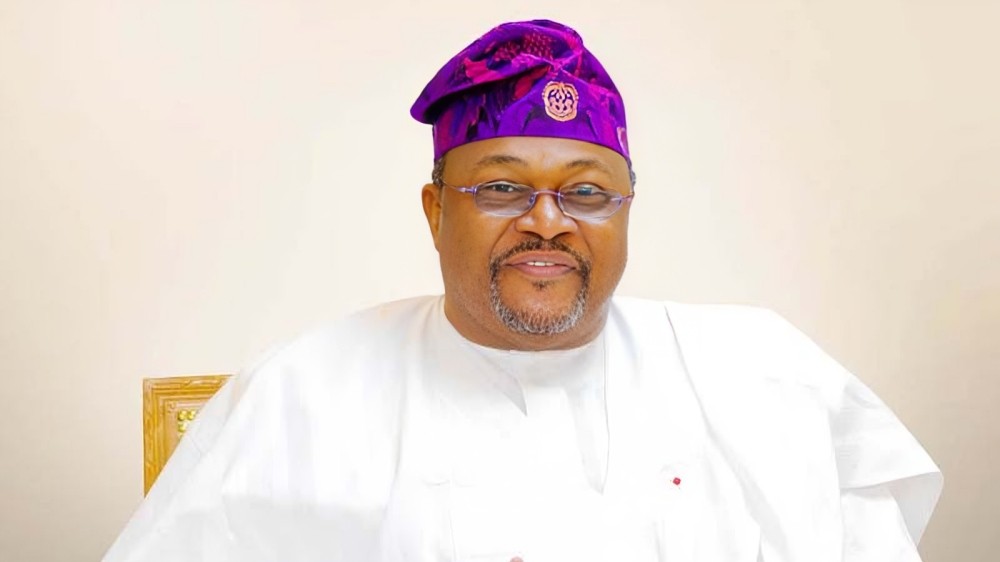At a Glance
- Mike Adenuga’s Globacom pioneered per-second billing, transforming affordability and access for Nigerians in 2003.
- The Glo-1 submarine cable boosted internet speed, fueling Nigeria’s tech growth and entertainment revolution.
- Globacom remains Nigeria’s only major indigenous telecom, sustaining pride, resilience, and digital inclusion.
In August 2003, mobile phones in Nigeria were not a necessity but a luxury. Owning one meant belonging to an exclusive club where SIM cards cost more than motorbikes, and call charges reminded everyone that the system favored a few.
Into this uneven space came Dr. Mike Adenuga Jr., the billionaire entrepreneur known for bold moves. His weapon was Globacom, a telecom company with a simple but daring promise: to open the doors of communication to ordinary Nigerians.
Twenty-two years later, Globacom is not only still standing but has become a cornerstone of Nigeria’s connected future. The story of its rise mirrors the story of a nation’s leap into the digital age.

Breaking barriers with per-second billing
The Nigerian telecom market in the early 2000s was dominated by foreign operators who claimed that per-second billing was impossible until 2007. Nigerians, hungry for affordable calls, had little choice but to accept it. Adenuga thought differently. His conviction was that winning loyalty in a skeptical market meant making access fair.
When Globacom launched in August 2003, it offered per-second billing from day one. What others dismissed as impossible became the new normal overnight. Millions who had been excluded suddenly found mobile communication within reach, setting off a wave of inclusion that reshaped the industry.
Vision beyond phones: Building infrastructure and culture
Glo’s story has always been bigger than call rates. Within its first decade, the company embarked on one of Africa’s most daring private infrastructure projects — the Glo-1 submarine cable linking Nigeria directly to Europe. It was a huge gamble, but it brought faster internet, lower latency, and laid the foundation for Nigeria’s tech and entertainment revolutions.
At the same time, Glo invested in cultural identity. Branded as the “Grandmasters of Data,” it marketed not only to elites but to grassroots communities, using musicians, actors, and comedians to connect telecom services with national pride.
Sponsorships in sports and entertainment further tied the brand to everyday life. From football pitches to Nollywood red carpets, Glo became a symbol of Nigerian possibility and resilience.

Legacy, pride, and the road ahead
Behind Globacom is the quiet but forceful figure of Dr. Mike Adenuga Jr., whose business ventures — from oil and banking to real estate — have always carried the mark of calculated risk. Yet it is in telecommunications that his vision has had the most enduring impact. Glo remains the only major Nigerian-owned telecom brand, competing head-on with global giants and reminding young Nigerians that local ambition can build institutions that matter.
Now at 22, the company serves tens of millions across Nigeria, Ghana, and Benin, while preparing for the future with 4G expansion and 5G readiness. Challenges remain — from foreign exchange volatility to infrastructure costs — but Glo has consistently shown that it thrives under pressure. Its anniversary is not just a celebration of the past, but a reminder of what lies ahead: affordable, reliable, and inclusive connectivity as the backbone of Nigeria’s digital economy.
In the end, Globacom’s journey is the story of a nation’s hunger for access, a visionary who refused to accept limits, and a brand that became part of daily life. At 22, it is more than a telecom operator — it is a statement of pride and proof of what is possible when opportunity meets courage.















